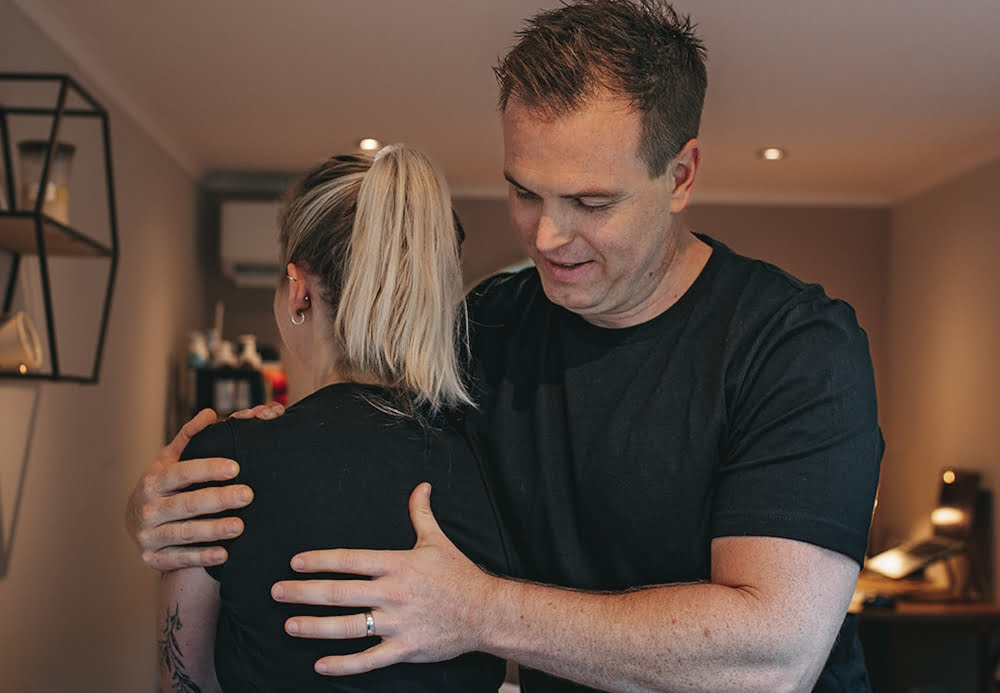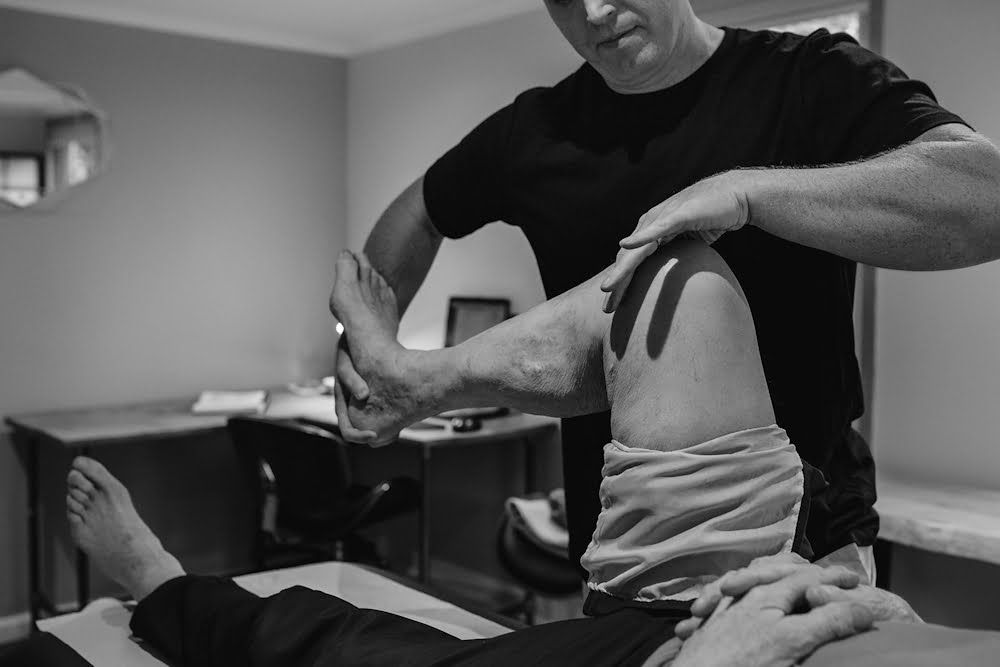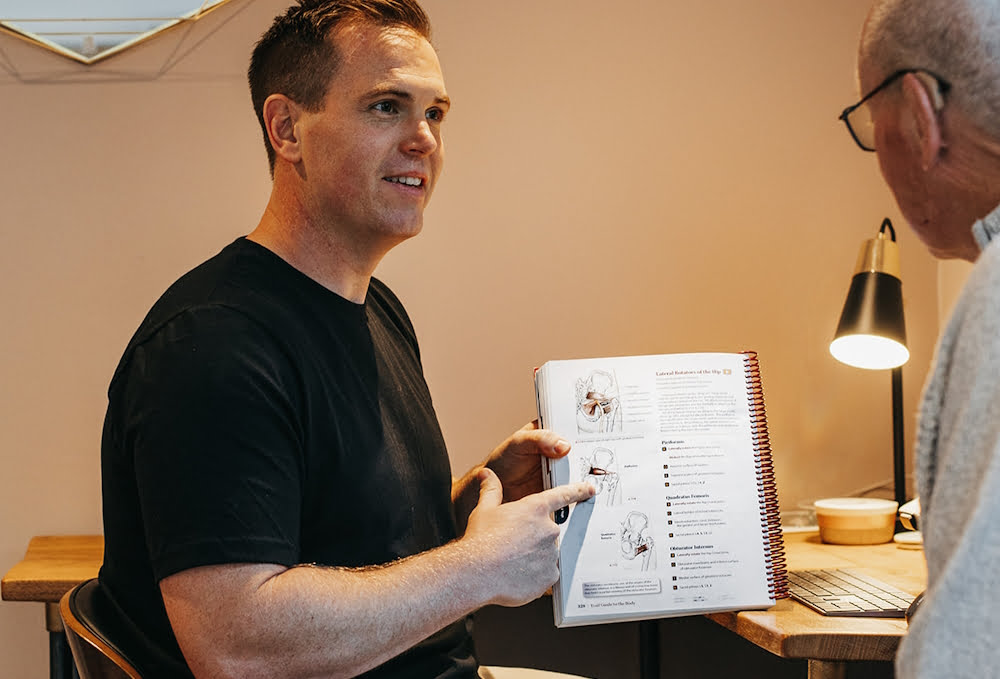OSTEOPATHY
Movement Clinic is your local registered osteopathy treatment clinic, based in Northampton, that offers relief from back, neck and shoulder pain, muscle strain & sports injuries.
What is osteopathy?
Osteopaths are highly trained professionals with expertise in the musculoskeletal system – the muscles, joints, and their relationship with other systems of the body.
Osteopathy is an established, recognised system of diagnosis and treatment and is based upon four key principles:
- The body is a unit (all parts are inter-related)
- The body is self-regulating (the ability to heal itself)
- The rule of the artery is supreme (fluid dynamics)
- The relationship between structure and function
Osteopaths consider the biological, psychological, and social factors that cause ill health and may influence pain
This information is then used to provide a package of care that can include manual therapy, health information, self-management advice and support, and/or exercise therapy, as determined by the patient’s individual needs.
Manual therapy is a big part of osteopathy
Our osteopaths use many different techniques to help improve mobility, relieve tension, increase blood flow, and optimise physical function. These may be achieved through articulation or manipulation of joints, spine, and connective tissues, as well as massage and stretching of muscles, tendons, and ligaments.
Osteopathy is a regulated health profession, just like nursing and general practice
Our osteopaths are registered with the General Osteopathic Council (GOsC), which regulates all osteopaths in the UK. This ensures that all practitioners are legally qualified and registered to work with patients. An osteopath must also complete a minimum of 30 hours of training each year to maintain their qualification and GOsC registration.

What can osteopathy help with?
People often visit an osteopath for back pain, but we can help with any of the following:
- Neck and shoulder pain
- Joint and muscle pain
- Sports injuries – muscle strains or ligament sprains
- Tendinopathies/tendinitis – tennis/golfer’s elbow, or Achilles tendinitis
- Headaches and migraines
- Symptoms of digestive issues
Osteopaths can also help to manage symptoms of chronic conditions such as rheumatoid or osteoarthritis through maintenance of overall well-being of the patient.
Our practitioners take the time to understand every patient as an individual and build long-lasting, health improving relationships with them to ensure a speedy recovery and strategies that work towards maintaining function and longevity.

What to expect in your initial osteopathy appointment
Your initial appointment will last up to an hour
In that time we’ll a thorough case history will be taken to develop a full picture of your general health, your presenting problem/symptoms and any other factors that may need consideration.
We’ll ask questions about your general health, previous illnesses, your lifestyle, and family medical history amongst others. We will then conduct a thorough physical examination, for which it might be necessary to dress down to your underwear, so please come dressed appropriately.
Your osteopath will assess posture, joint function, and tissue health and perform any relevant clinical tests
From this information, they’ll develop a clear diagnosis, which they will explain to you to ensure you understand what’s happening.
Once we have a working diagnosis, we can begin treatment
As mentioned earlier, we’ll use a range of different techniques and develop an ongoing treatment plan, including advice on activity/exercise, heat or ice therapy and possible rehabilitation exercises. We’ll also discuss short-, medium- and long-term goals to ensure the best possible recovery.
Sometimes further investigations or tests may be appropriate to obtain more information on certain symptoms e.g., blood or urine tests, MRIs or X-rays. Your osteopath will be able to organise this referral, usually with your GP, and will explain the process in full detail if it is necessary.
We may use other techniques/disciplines
For example, medical acupuncture, alongside osteopathy can often be very beneficial to expand and improve the results of your treatment. This will depend on the nature of your diagnosis and, more importantly, whether you’re happy for us to do so, but we’ll discuss this with you in-depth if we think it’s necessary.

